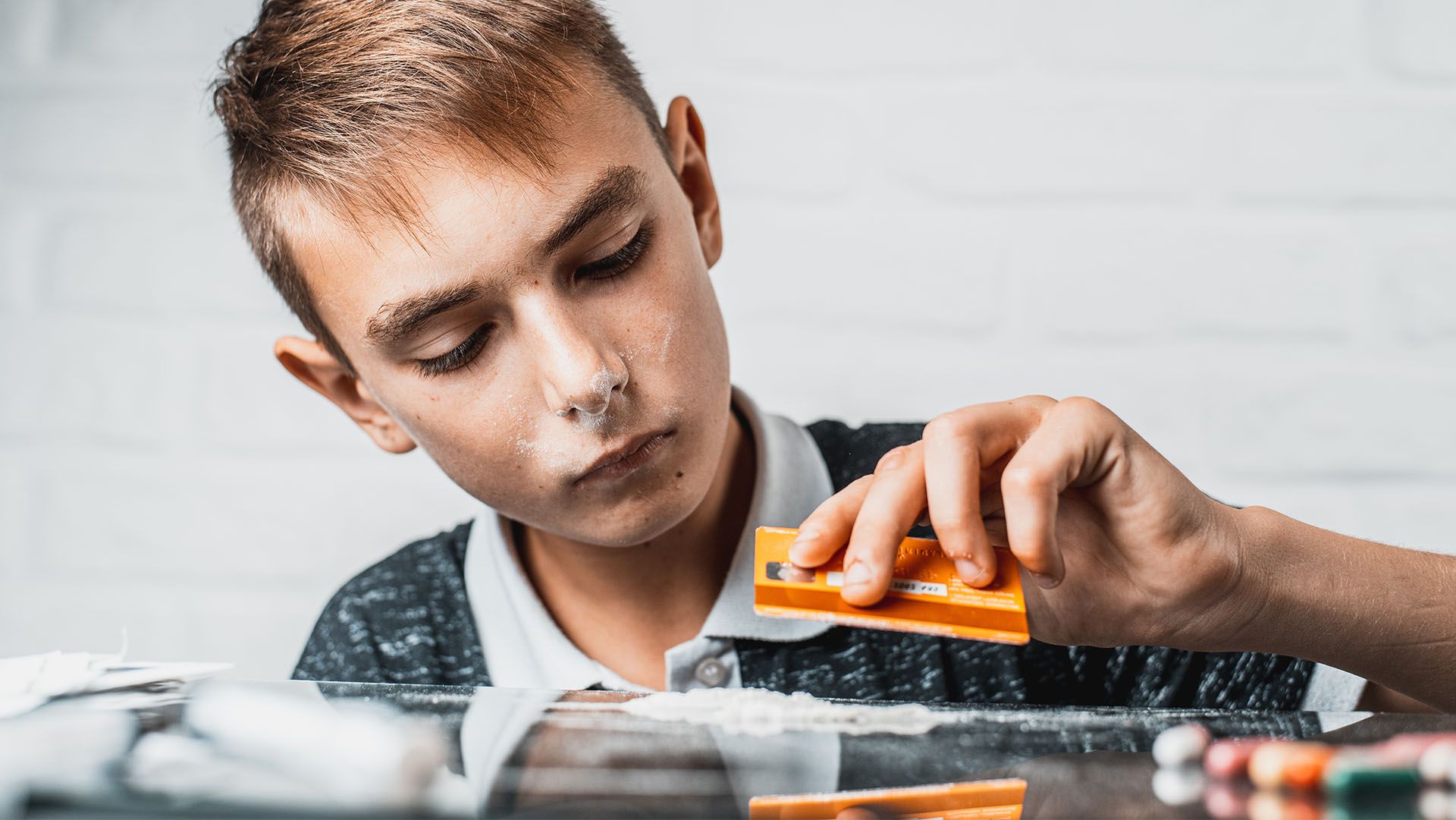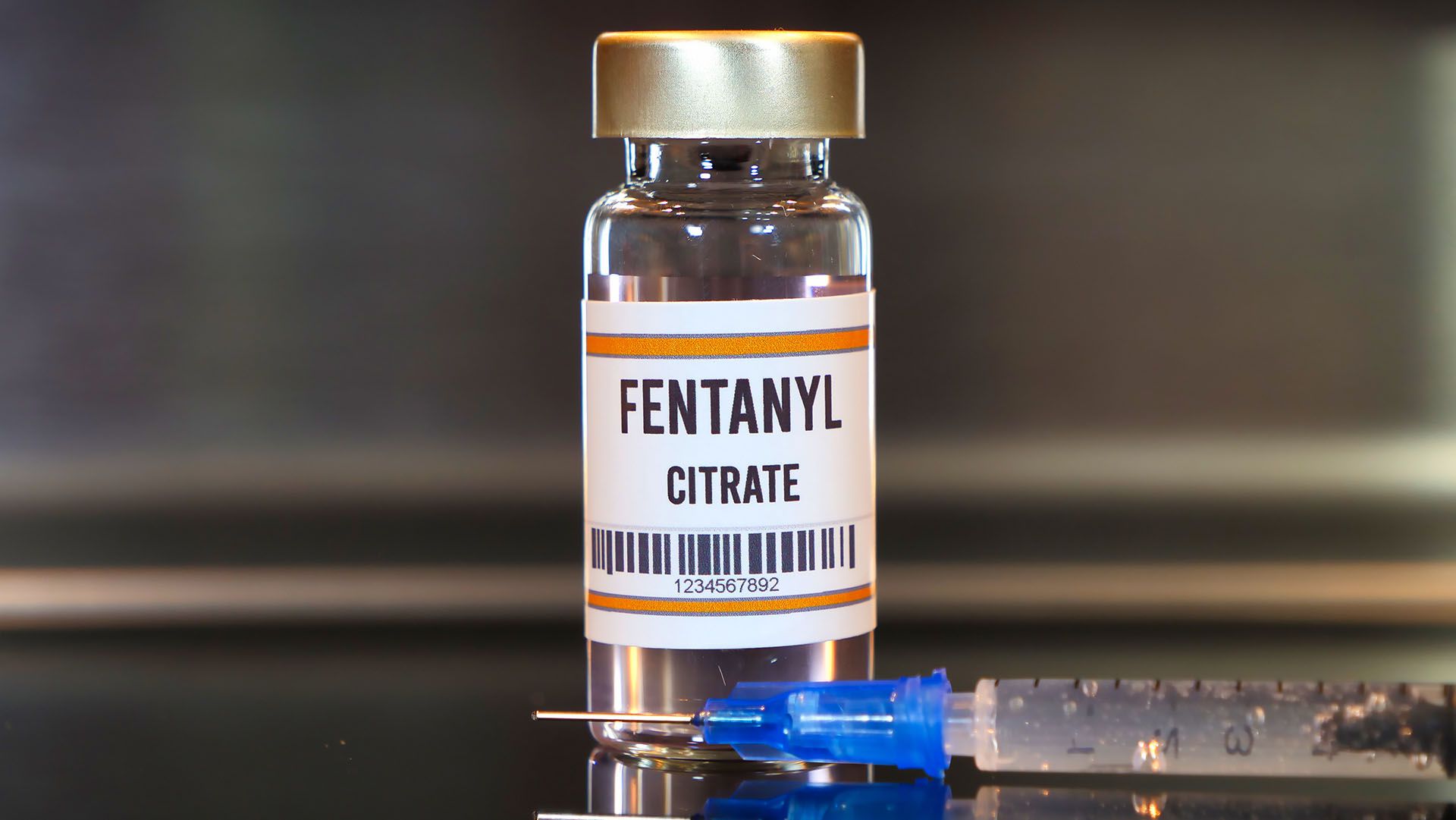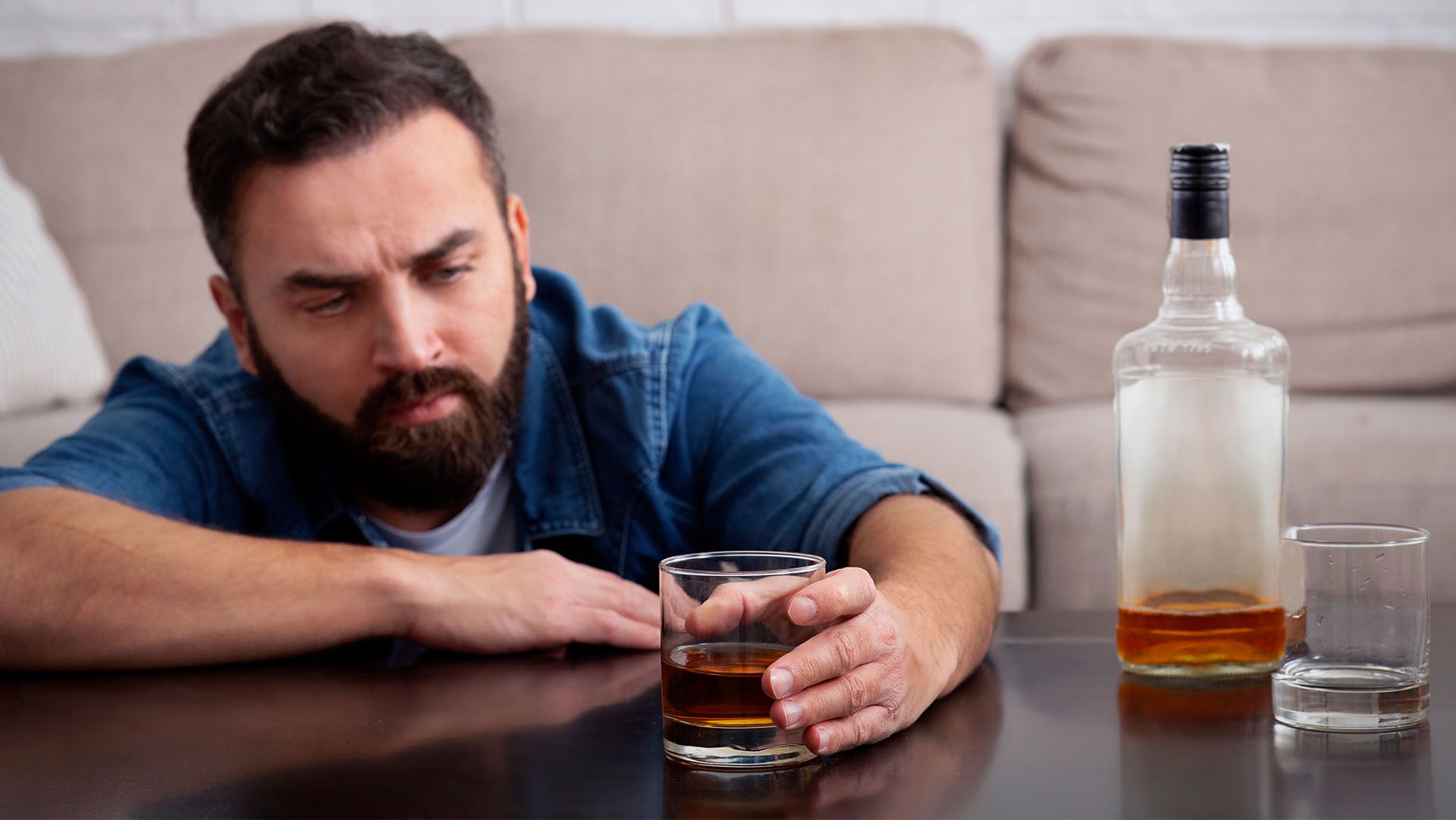What to Do if Your Child is Addicted to Drugs or Alcohol
According to the National Institute on Drug Abuse, 35% of teens have used marijuana or another illicit substance. If you’re worried that your teen is addicted to drugs or alcohol, holistic rehab can help your child begin putting the pieces of his or her life back together. For parents, the challenges of getting a child into treatment can feel daunting—especially if you’re still reeling from anger that your child used drugs, or saddened by the betrayal of secrecy that often accompanies adolescent drug use.
The right holistic addiction treatment can make the pain of addiction a thing of the past, but only if both you and your teen are willing to put in the work necessary to move beyond addiction.
Why Teens Use Drugs
Though experts have studied teen drug use for at least a century, the phenomenon of drug abuse among kids is still in many ways shrouded in secrecy. Some parents mistakenly believe that only “bad” kids use drugs, or that drug use indicates a learning disability or mental illness. Others think that all kids who use drugs struggle in school, reassuring themselves that, if their child isn’t struggling, he or she must not be using drugs.
Teen drug users come in all shapes and sizes, and from all walks of life. Though addiction hurts every teen who becomes dependent, every teen is affected differently, so the fact that your child hasn’t been arrested or spiraled out of control does not necessarily mean he or she isn’t using drugs.
So why do teens use drugs? Some of the risk factors for adolescent drug use include:
- A stressful home life. It might not be easy, but if your child is using drugs, you need to take a long-hard look at the environment you provide. Excessively controlling parents, as well as those who are neglectful or too permissive, often spur their kids to use drugs. Abuse, a recent parental divorce, and other stressors can also encourage kids to try drugs.
- Mental illness. About half of all drug users are mentally ill. Some teens use drug to cope with the symptoms of undiagnosed mental illness. Some teens become addicted to the drugs they take to treat mental illness, particularly if they’re prescribed benzodiazepines.
- Peer pressure. Kids whose friends use drugs are more likely to use drugs themselves, and kids who grow up in high drug use areas are much more vulnerable to both use and addiction.
- Some kids need lots of stimulation. When they don’t get it, they may turn to drugs to quiet their active minds.
- A recent trauma. If your child has suddenly spiraled out of control, she may have suffered a trauma, such as being raped or suffering an abusive relationship. Drug use doesn’t occur out of nowhere; you need to figure out what’s behind it.
- Pressure to succeed. Some kids turn to stimulants such as Adderall to stay up later, study harder, and maintain their motivation. If your child is a perfectionist or you pressure her to constantly push herself at school, she may turn to drugs to meet an increasingly demanding load of
Of course, the fact that your child has some or many risk factors for drug use does not mean she will inevitably become a drug user. Even if you have created a stressful environment, your child’s drug use is not your fault. Every child, though, deserves comprehensive drug treatment at a quality holistic rehab facility.
Understand How Addiction Affects the Teen Brain
Some parents mistakenly believe their children will grow out of addiction, but addiction is a disease—not a behavior problem, a moral failing, or something you can punish out of your child. Worse still, addiction can fundamentally alter the course of your child’s life. While adults have the benefit of fully developed brains, the adolescent years are when your child’s brain does much of its final development work. Using drugs during this critical window of development can produce lasting damage. Some of the perils of teen drug addiction include:
- Stunted brain development
- Loss of intelligence
- New or worsening mental illness
- Impulse control problems
- Head injuries
- Dropping out of school
- Being incarcerated
- Engaging in high-risk behavior, such as driving while drunk
- Abusing other people, such as a boyfriend or girlfriend
- Making decisions that undermine your child’s quality of life for years; for instance, a single arrest can follow your child for the rest of her adult life.
Know the Signs of Drug Addiction
No parent wants to acknowledge that his or her teenager has turned to drugs. And to many parents, the nuances of teen culture and teen life already feel like a confusing and foreign world, so it can be tough to detect when something is amiss. Knowing the signs of drug abuse can help you intervene before things really get out of control. Know your teen and what’s normal for him or her, since any sudden change could indicate drug use. Some other signs and symptoms of teen drug abuse include:
- A sudden change in friends, or spending lots of time with friends who use drugs
- Finding drug paraphernalia, such as pipes, in your child’s room
- Unusual behavior, such as increased aggression, anxiety, or depression
- Changes in grades, school performance, or interest in extracurricular activities
- Changes in sleeping or eating habits
- Eyes that are bloodshot, or pupils that are frequently dilated
- Increasingly secretive behavior; remember, teens are naturally secretive, and every teen needs a little privacy. But spending all day, every day away from other people is often a red flag.
- Stealing and other criminal behavior.
- Missing medications; if you take prescription drugs and seem to be running through your prescription faster than usual, it could be because your child is taking your pills or selling them to a third party.
Confront Your Teenager
Don’t waste endless months gathering evidence. This is your family and your household, not a court of law, and you don’t have to prove anything. You’re the parent, so confront your teen. Don’t be angry or aggressive, and don’t make threats, since this will only cause your teen to shut down. Instead, present the evidence to your teen in a private setting with a calm demeanor, and then ask him or her to explain.
Offer Gentle Support and Reassurance
Many teen drug users are desperate for help, but are scared of how their parents will react if they learn of the teen’s drug use. Your child is much more likely to be open and upfront with you if he or she senses that you are concerned, rather than angry. Don’t punish or yell at your child. Instead, gently encourage him or her to give you more information, and reassure your child that you will solve this problem together. Remind your child that he or she is loved. Some strategies you can use to help your child feel supported include:
- Telling her what you know about drug addiction, such as that it’s a disease and not a moral failing.
- Asking what you can do to help your child on her recovery journey.
- Sharing your own addiction history, if you’ve ever struggled with alcohol or drugs.
- Waiting till you are calm, well-rested, and prepared to talk openly.
- Encouraging your child to play an active role in locating treatment.
Consider an Intervention
You cannot force an addict who is not ready for help to seek help, and unfortunately, teens are no exception to this rule. Sure, you can punish your child or force him or her into rehab. If your child does not understand the severity of his or her addiction or is uninterested in getting sober, though, he or she will leave rehab at the first opportunity, and may even endanger other addicts by taking drugs to rehab!
Many kids are relieved that their parents are there to help them, and are happy to seek treatment at a holistic rehab as soon as they’re “caught.” But if your child is more on the reluctant side, it’s up to you to get him or her to seek the necessary treatment. An intervention harnesses the power of peer pressure for good. During an intervention, each person your child loves—including close friends or romantic partners, so don’t exclude peers!–shares how the child’s addiction has negatively affected both the child and themselves. They then ask the teen to seek treatment, and set clear boundaries for what will happen if the child fails to accept treatment. For instance, you might take away your child’s car, bedroom, phone, and video games, while her friends might stop speaking to her. Many teens, after an intervention, are willing to seek help.
Seek Treatment
Holistic addiction treatment treats your child as a whole person, addressing her physical, emotional, and even spiritual needs. Many parents prefer to send their teens to a center that works with adolescents, but the right adult treatment center can also work well. Look for holistic rehab centers that offer:
- Dual diagnosis treatment. If your child is using drugs, he or she is at risk for developing a mental illness, so ensure the facility is equipped to treat this possibility.
- 12-step programs or some other form of group support, such as weekly group therapy sessions.
- Individual counseling so that your child can, in a confidential and nonjudgmental space, discuss her challenges and build upon her strengths.
- Medical care for any medical conditions your child has, as well as medical supervision as he or she navigates the drug detox process.
- Lifestyle skills training, so your child can master the skills that will make him or her a productive adult.
- Your child should be able to continue with her education in rehab, or at least get tutoring so that he or she doesn’t fall too far behind.
Inpatient rehab is often the best option since it gives both you and your child a break. It can be hard to let go and say goodbye, but when your child returns, he or she will be ready to start a new life as a productive and loving member of your family.
Contact Addiction Rehab Centres Canada today!
Further Reading:
Drug Rehab Program
Teen Drug Abuse Explained
How to Help a Drug Addict
Drug Addiction Therapy Explained
NIDA for Teens
DrugFacts: High School & Youth Trends
DrugFacts: Brain & Addiction







